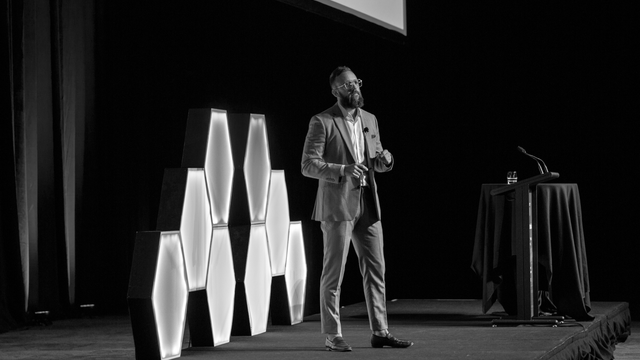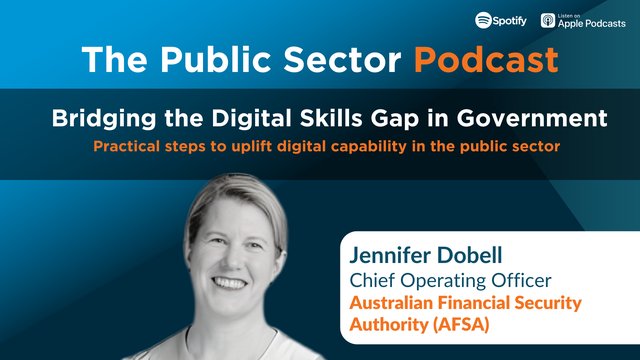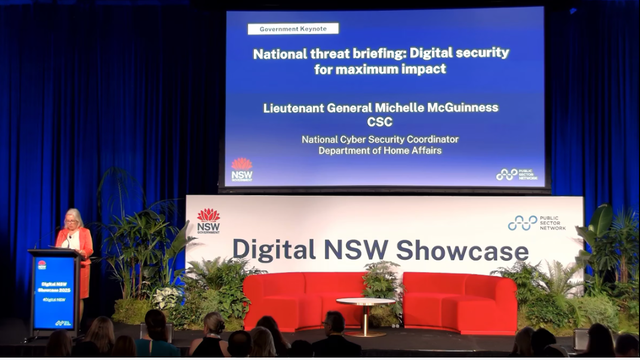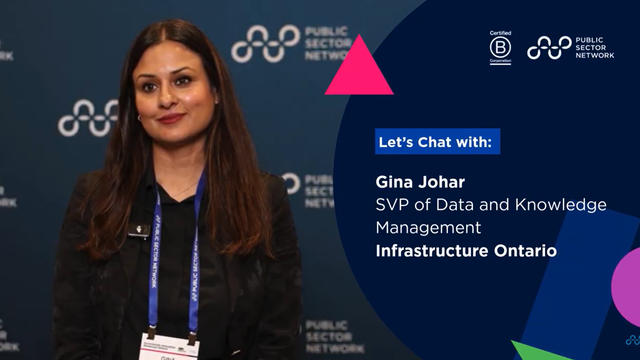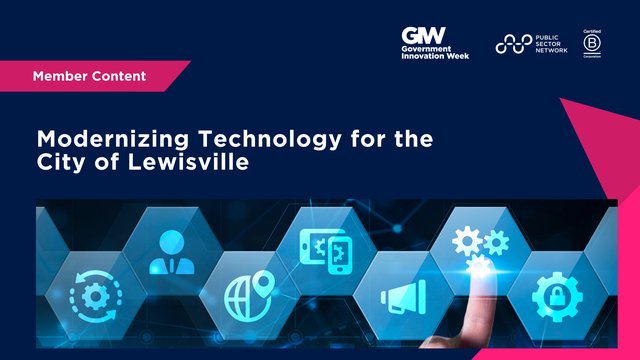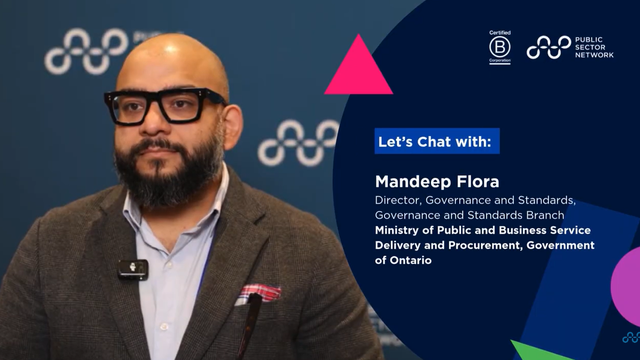
Creating a Two-Way, Citizen-Centric Marketing and Communication Plan to Reflect the Needs of Your Community
A new agency with new ideas
Most organizations, especially in the public sector, are constantly looking to improve their marketing and communications in order to better connect with their constituents. This is especially the case in the local government sector. Municipalities work locally and therefore want their messages to resonate with their residents. But given the constant barrage of news and information, it is often hard to create messages that have meaning. Partly for that reason, Edmonton Global was created in Alberta in early 2019. Chris McLeod MBA, the Vice President of Global Marketing & Communications, says that they are an economic development organization that focuses on foreign direct investment and international trade for our region. Their marketing collateral says that their purpose is to radically transform and grow the economy of the Edmonton metropolitan region, and they do this on behalf of 14 municipalities that make up the region.
However, though their goals are lofty and their aims are clear, when Edmonton Global was first created, we took a step back and had a look at where we’re starting from. They reached out to local, national and international investors and other companies who work with municipalities and asked them if they would ever consider investing in the Edmonton region. The overwhelming response was negative. Only 18% said they would consider working in Edmonton. Of the rest, if they had heard of us, they mostly associated us with being remote, cold, isolated and kind of old school. Though this was initially dispiriting, it was actually positive because we had a Greenfield. For most people, the first time they would hear our story, it wouldn’t be about overcoming misconceptions. So by mid-2019, we started building strategies, plans, marketing and communications approaches to bring investors to us. Had the world continued as normal, we would have done great. But then the pandemic happened and everything changed.
A changed world as a result of the pandemic
The pandemic caused most organizations to shift everything to digital, including the way that we communicated and engaged with our people. But everyone did that at the same time, so people started getting bombarded and then the question was, “who do you trust?” Though Edmonton Global is not entirely a government entity, it was seen as being part of the government and overall, government agencies were suddenly being perceived as being unethical, incompetent and untrustworthy. This is an issue that is rampant across all of North America. In fact, in the US, the polarization of society means that the left and the right are moving further and further apart. Though Canadians are generally seen as being more centrist and progressive, we are pulling further apart too. This is relevant because for anyone involved in communications, it’s a huge challenge. The polarization of society really is impacting our communications and how we approach it.
The only way around the current challenges is to understand the audiences where they are and to reach them through segmentation. This is particularly important because according to a number of recent studies, up to 40% of your audience isn’t going to believe you no matter what you say.
“If you want people to believe you, if you want people to be engaged with your message, and if you want them to act on what you’re saying, then the importance of knowing who you’re talking to, segmenting your messaging, and meeting them where they are is absolutely crucial.” Chris McLeod MBA, Vice President, Global Marketing & Communications, Edmonton Global
Due to the increased lack of trust, relationships are really everything.In order to be believed, having an established relationship with an organization is very helpful. The media is about as trustworthy as the government at the moment, so having a trusted source communicate the message is very important. On top of that, since everything now is digital and has been accelerated, a digital-first mindset is also absolutely critical. Getting everyone on board used to be difficult, but “possibly for the first time ever, the public has moved quickly to adopt digital, so most people are now online and they expect to be engaged online. People aren’t willing to wait and are used to now having things happen quickly. And I think this is going to stick. We’re not going back to our old ways.
Yet, even in this new way of doing things, messages will only resonate if they are backed up with data and research. People these days do their own research and believe what they choose to, so any messages coming from government agencies in particular need to be absolutely robust and unimpeachable. From a Canadian perspective, we used to says that boring is the new sexy. Canada has great infrastructure, education, transport, health and safety – all of the pieces of society that hold us together. They are great and attractive to a global investor, but they make us very boring especially compared to the US. Whereas these boring but stable factors used to be appealing, today boring is no longer sexy, because if you’re boring, nobody will pay attention to you. People now want unexpected things, like speed bumps on a quiet street. Everyone notices them.
To ensure that there is research and data behind each message as well as something interesting, we’ve really started to use more visual communication to pull people into our story. This help them see themselves in our narrative. But it has to be different and exciting too. Things that surprise people and make them stop and pause, resonate with them.” The idea is to show off the region and the products and services within it, but to do so in a way that brings the region to life, so that they can see why they should invest here.
“The way to engage with people and to talk to them in our communities is by being interesting, by being compelling, meeting people where they are and making sure you’re responsive because we’ve moved to doing everything digitally and that’s here to stay.” Chris McLeod MBA, Vice President, Global Marketing & Communications, Edmonton Global
Featured speaker:
- Chris McLeod MBA, Vice President, Global Marketing & Communications, Edmonton Global




